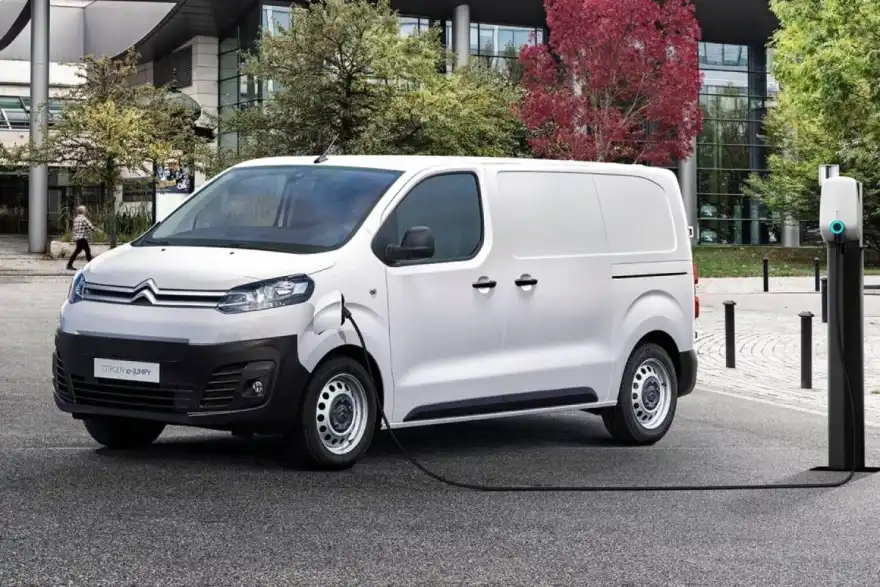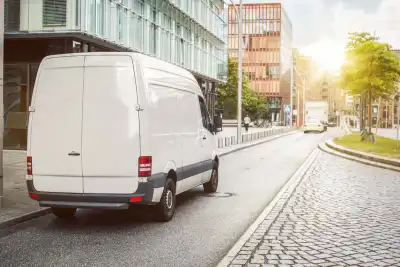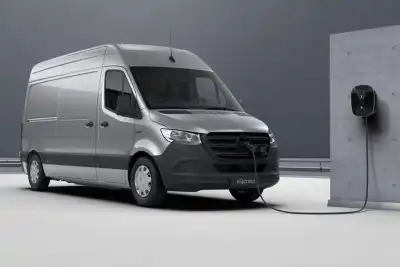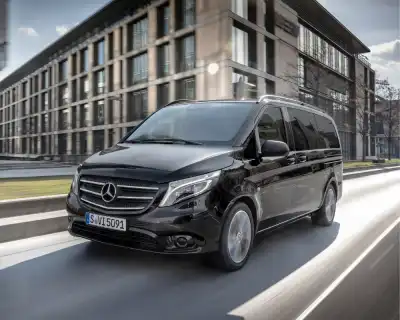
Electric vans have become more common, capable, and respected but whether you should buy one now depends on your personal circumstances. Like every type of vehicle, there are pros and cons.
Electric van high purchase cost
An electric van is typically more expensive to buy than a traditional counterpart. However, the OZEV Plug-In Van Grant minimises any difference. If the van’s gross vehicle weight is up to 2,500kg, the grant is 35% of its price up to £2,500. If the gross vehicle weight is 2,500kg to 4,250kg, the grant is 35% up to a maximum £5,000. You do not have to personally apply for a van grant. The supplying dealer will make any deduction on your behalf.
Lower fuel costs per mile
In terms of fuel, you typically pay less per mile to run an electric van than a petrol or diesel. Electricity is cheaper than traditional fuel. However, there are variables that define any saving. They include the rate you pay for electricity to charge your van, per kWh. It is more expensive to charge at motorway service stations than at home, for example. Home tariffs vary, too.
Shorter range between stops
Normally, a traditional van travels further on a single tank of fuel than an electric model can per charge. How much this matters depends whether you want to conveniently cover long distances, or stay local. How long it takes to refuel is a factor, too. You can fill the tank in a petrol or diesel van in moments. However, it takes far longer to fully charge an electric vehicle even if you use a quick charger. You can wait hours if you have a slow charger.
Greater environmental efficiency
Unlike a traditional van, an electric model does’t emit any tailpipe emissions meaning you will be able to travel in and out of any ULEZ or CAZ across the country without charge.
You can check the ULEZ and CAZ status of any vehicle you own here.
Questionable longevity
Over time and mileage, the battery that powers an electric van degrades. This can drastically reduce its range per charge and naturally, you don’t get these issues when an internal combustion engine van is properly maintained. New or old, a tank of fuel gets you a similar distance.
Free entry to low emission zones
London, Bath, Birmingham, and some of the other cities have low emission zones whilst Greater Manchester may introduce its own soon. You can check the full list of ULEZs and CAZs here. You enter the zones for free in a clean, zero emission, electric van. However, you pay a daily charge for a traditional van if its emissions are too high.




